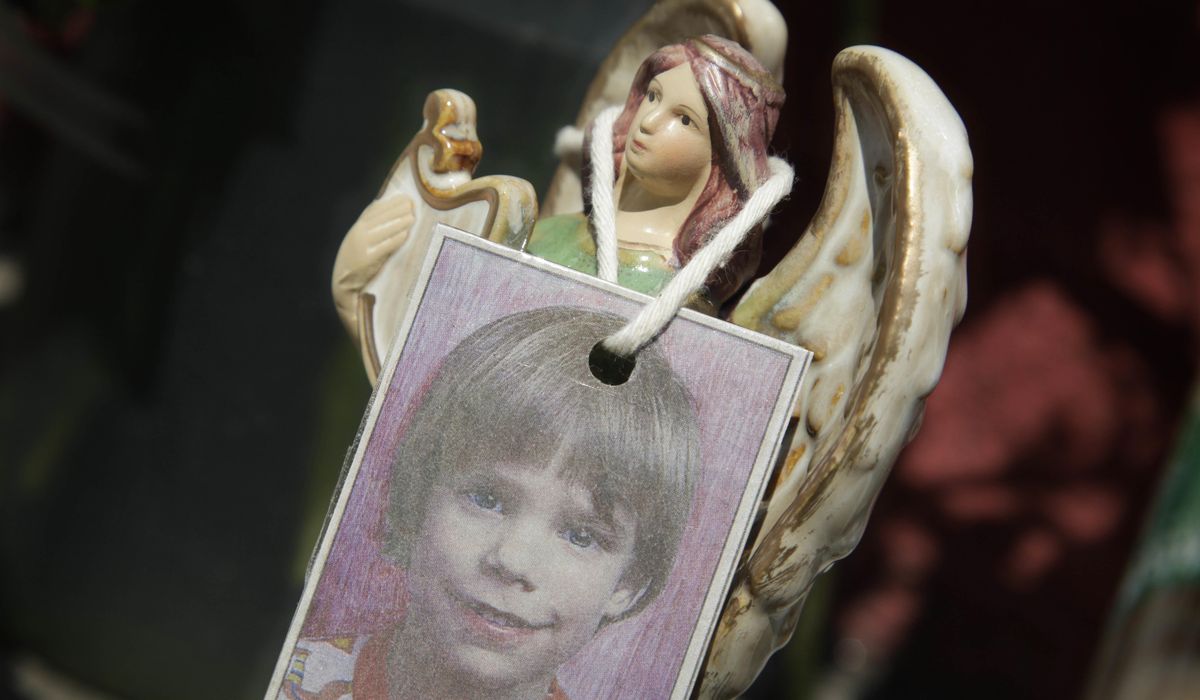


NEW YORK — The man convicted in the 1979 killing of 6-year-old Etan Patz was awarded a new trial Monday as a federal appeals court overturned the guilty verdict in one of the nation’s most notorious missing child cases.
Pedro Hernandez has been serving 25 years to life in prison since his 2017 conviction. He had been arrested in 2012 after a decades-long, haunting search for answers in Etan’s disappearance on the first day he was allowed to walk alone to his school bus stop.
The appeals court overturned the conviction because of an issue involving how the trial judge handled a jury note during Hernandez’s 2017 trial - his second. His first trial ended in a jury deadlock in 2015. The court ordered Hernandez’s release unless the state gives him a new trial within a reasonable period to be set by the lower court judge.
The Manhattan district attorney’s office said it was reviewing the decision.
Harvey Fishbein, an attorney for Hernandez, declined to comment when reached Monday by phone.
A message seeking comment was sent to Etan’s parents.
PHOTOS: Appeals court orders new trial for man convicted in 1979 Etan Patz case
Hernandez was a teenager working at a convenience shop in Etan’s Manhattan neighborhood when the boy vanished.
Hernandez later confessed to choking Etan. But Hernandez’s lawyers said his confession was false, spurred by a mental illness that makes him confuse reality with imagination. He also has a very low IQ.
Etan was among the first missing children pictured on milk cartons. His case contributed to an era of fear among American families, making anxious parents more protective of kids who many once allowed to roam and play unsupervised in their neighborhoods.
The Patzes’ advocacy helped to establish a national missing-children hotline and to make it easier for law enforcement agencies to share information about such cases. The May 25 anniversary of Etan’s disappearance became National Missing Children’s Day.
From the start, Etan’s case spurred a huge search and an enduring, far-flung investigation. But no trace of Etan was ever found. A civil court declared him dead in 2001.
Hernandez didn’t become a suspect until police got a 2012 tip that he’d made remarks years earlier about having killed a child in New York.
Hernandez then confessed to police, saying he’d lured Etan into the store’s basement by promising a soda and choked him because “something just took over me.” He said he put Etan, still alive, in a box and left it with curbside trash.
The appeals court ruled Monday that in 2017 the trial judge gave “clearly wrong” and “manifestly prejudicial” instructions to the jury in response to a question about Hernandez’s confessions to law enforcement.
The jury had asked whether, if it deemed invalid a confession Hernandez made before being advised of his Miranda rights to remain silent, it must also disregard a subsequent confession after those warnings were given. The judge said no, but the appeals court said that answer was incorrect.
Associated Press writers Larry Neumeister in New York and Eric Tucker in Washington contributed.
